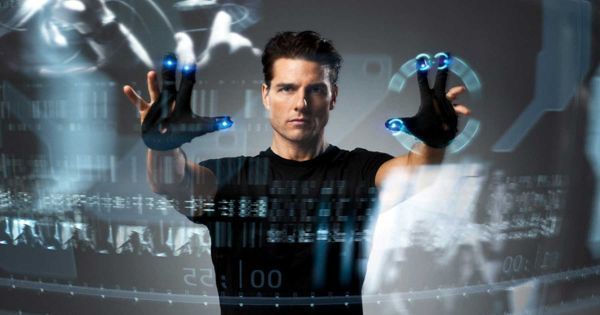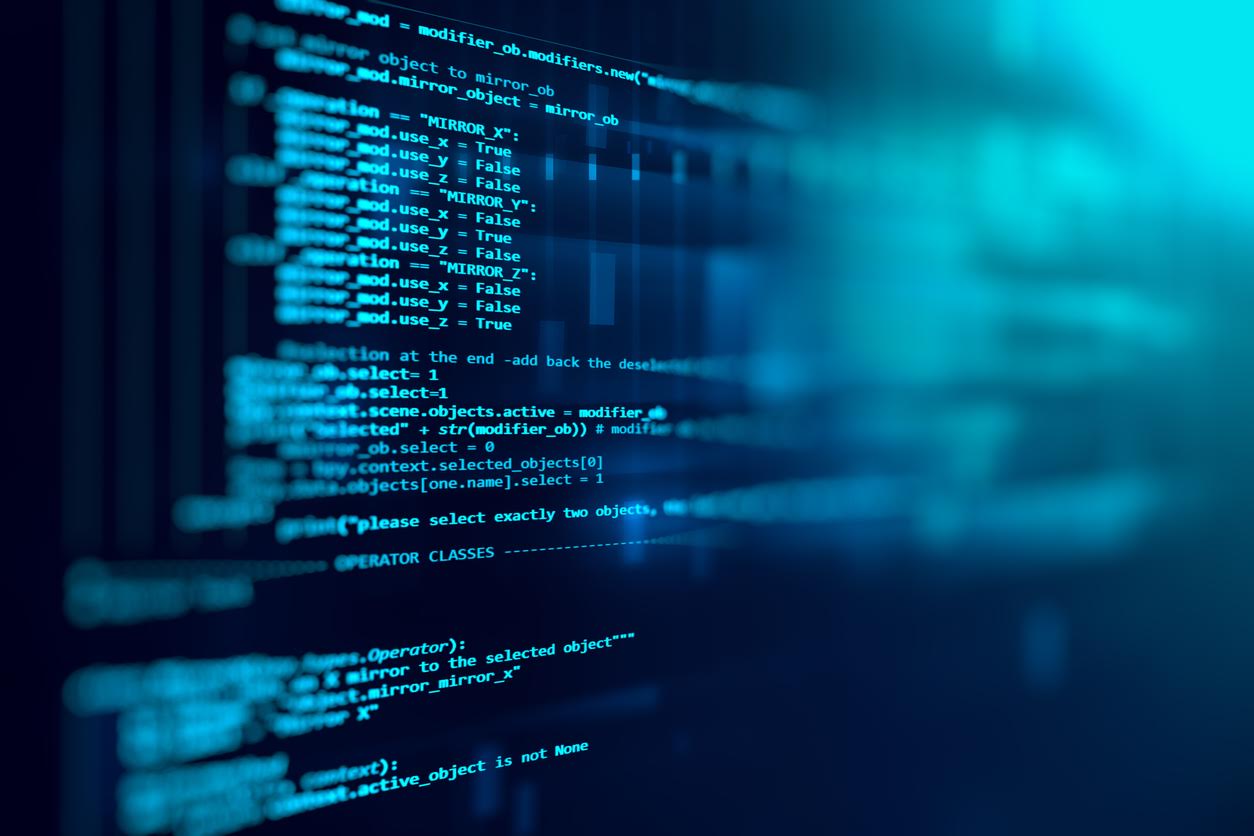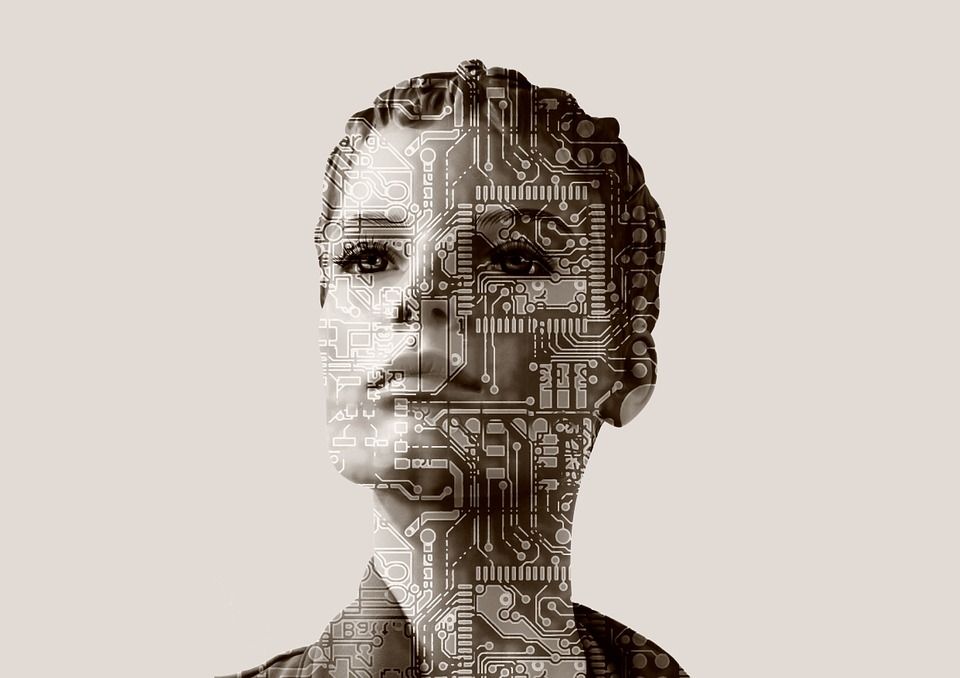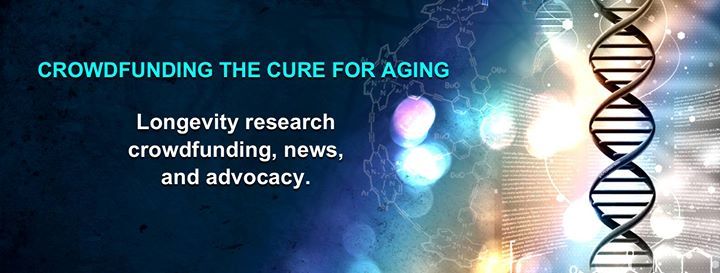The Android mastermind is on a mission to connect our devices into a single consciousness. Ambitious? Absolutely. Possible? Maybe.
Authorities in China are exploring predictive analytics, facial recognition, and other artificial intelligence (AI) technologies to help prevent crime in advance. Based on behavior patterns, authorities will notify local police about potential offenders.
Cloud Walk, a company headquartered in Guangzhou, has been training its facial recognition and big data rating systems to track movements based on risk levels. Those who are frequent visitors to weapons shops or transportation hubs are likely to be flagged in the system, and even places like hardware stores have been deemed “high risk” by authorities.
A Cloud Walk spokesman told The Financial Times, “Of course, if someone buys a kitchen knife that’s OK, but if the person also buys a sack and a hammer later, that person is becoming suspicious.” Cloud Walk’s software is connected to the police database across more than 50 cities and provinces, and can flag suspicious characters in real time.
‘Keys to kingdom’ leaked
Posted in government, military
Sweden’s government has exposed sensitive and personal data of millions, along with the nation’s military secrets, in what is now considered to be one of the worst government IT disasters ever. The leak, which occurred in 2015, saw the names, photos and home addresses of millions exposed. Those affected include fighter pilots of Swedish air force, police suspects, people under the witness relocation programme, members of the military’s most secretive units (equivalent to the SAS or SEAL teams) and more.
The leak occurred after the Swedish Transportation Agency (STA) decided to outsource its database management and other IT services to firms such as IBM and NCR. However, the STA uploaded its entire database onto cloud servers, which included details on every single vehicle in the country. The database was then emailed to marketers in clear text message. When the error was discovered, the STA merely sent another email asking the marketing subscribers to delete the previous list themselves.
By Susan Schneider, PhD, and Edwin Turner, PhD
Every moment of your waking life and whenever you dream, you have the distinct inner feeling of being “you.” When you see the warm hues of a sunrise, smell the aroma of morning coffee or mull over a new idea, you are having conscious experience. But could an artificial intelligence (AI) ever have experience, like some of the androids depicted in Westworld or the synthetic beings in Blade Runner?









